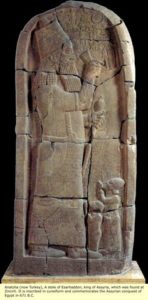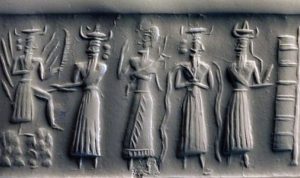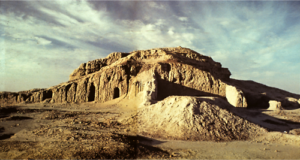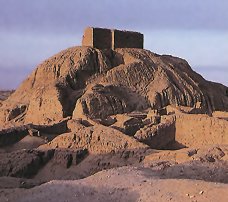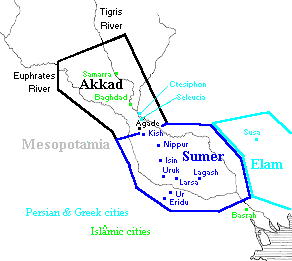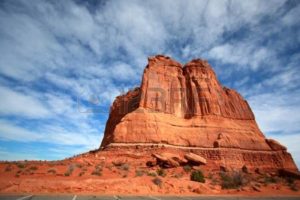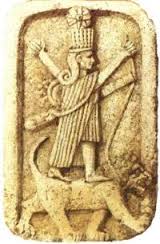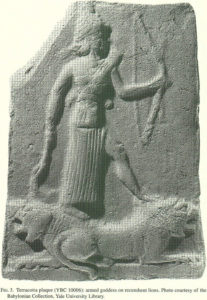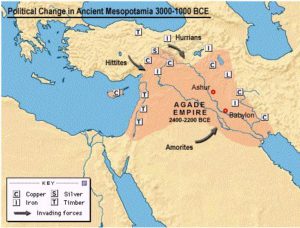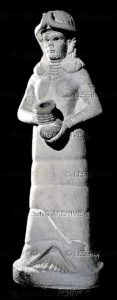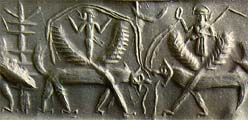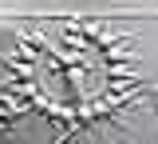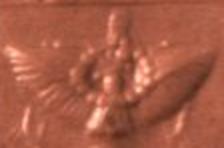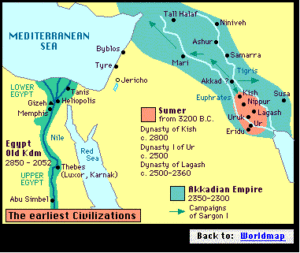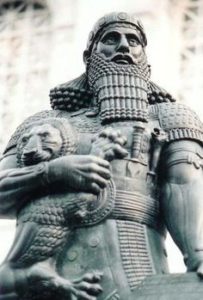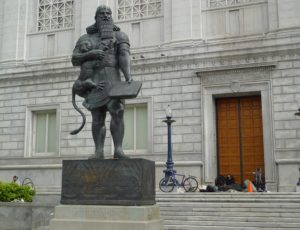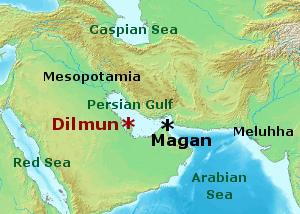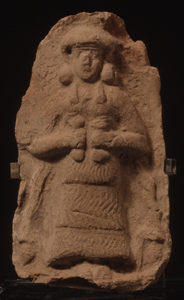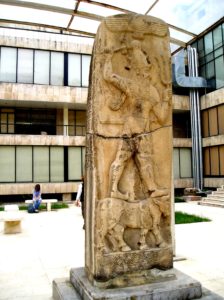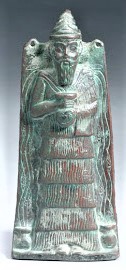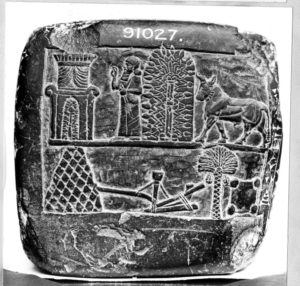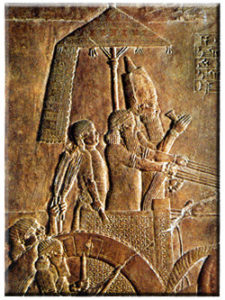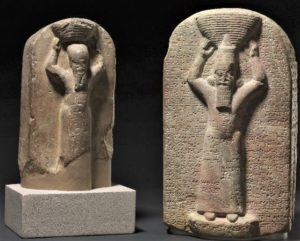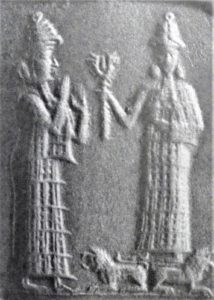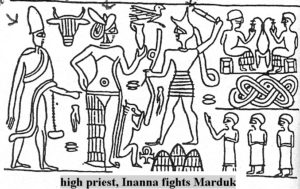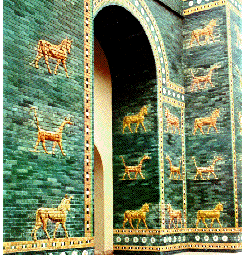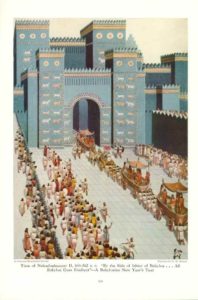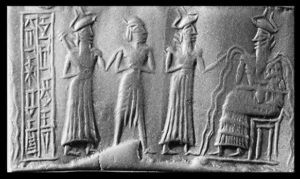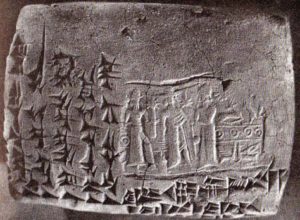A song of Inana and Dumuzid (Dumuzid–Inana B1) (Geshtinanna)
The Electronic Text Corpus of Sumerian Literature
(Texts: All Artifacts, Color Coding, & Writings in Bold Type With Italics Inside Parenthesis, are Added by Editor R. Brown, not the Authors, Translators, or Publishers!)
(gods in blue)
1-9. It was in the days of abundance, it was in the nights of plenty;
it was in the months of luxuriance, it was in the years of rejoicing.
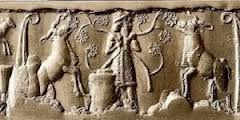 (Dumuzi The Shepherd with stags)
(Dumuzi The Shepherd with stags)
In those days the shepherd, the shepherd Dumuzid decided in his holy heart to make his heart joyful,
to go to the cattle-pen, to brighten its mood, to make the holy sheepfold shine like the day.
He of decision and resolve spoke to the queen of heaven,
the queen of earth. Ama-ušumgal-ana addressed words to her:
10-14. “Wife, I am going to bring flowing water to the arid (?) place.
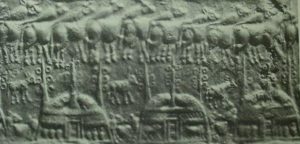 (cattle pens of ancient Sumer feeding the gods)
(cattle pens of ancient Sumer feeding the gods)
I am going to look after my spacious cattle-pen.
I am going to find out the condition of the holy sheepfold.
I am going to feed my sheep.
I am going to seek out the …… of fresh water for drinking.”
15-20. He told his wife of this resolve; he presented his decision to her.
His wife returned to their dwelling; holy Inana brought …… into E-tur-kalama
(E-tur-kalama, Inanna’s personal hotel / residence for her visitations in Babylon).
She was dumbfounded; the mistress Inana was thrown into confusion as if by a flood wave.
21. 1st kirugu.
22-34. Then the shepherd went out into the desert.
The young man Dumuzid …… in the cattle-pen.
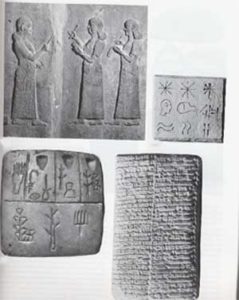 (Geshtinana, scribe & singer of songs)
(Geshtinana, scribe & singer of songs)
His sister (Geshtinana), the queen of scribes, went to …… heaven and earth.
The shepherd and his sister entered there into the holy sheepfold inside which the sheep live.
He was living there, the shepherd was living there;
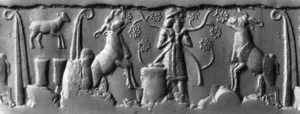 (Dumuzi, stags, & dwelling with antenna)
(Dumuzi, stags, & dwelling with antenna)
and his sister (Geshtinana), the singer expert in song, was living in that dwelling.
Abundance filled the cattle-pen, plenty flowed in the sheepfold.
They ate, they ate pure food — pressed oil, honey and ghee.
They drank emmer beer and strong liquor.
35-41. Dumuzid, the shepherd Dumuzid decided in his holy heart
to make the heart of his sister overflow with joy.
He fastened …… and brought them into the cow-pen.
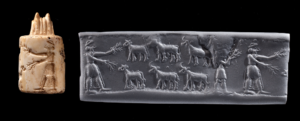 (Dumuzi The Shepherd, Enki’s young son)
(Dumuzi The Shepherd, Enki’s young son)
He brought …… for her, a ewe with its lamb.
The lamb jumped up on its mother, and then mounted her and copulated with her.
The shepherd said to his sister:
42-46. “Look, my sister! What is the lamb seeking from his mother?”
His sister replied to him:
“He is mounting on the back of his mother, and making her sing out.”
(Dumuzid speaks:)
“If he is mounting on her back, and making her sing out, what it really is ……:
he is copulating with her and filling her to overflowing with his semen.”
47-56. The kid jumped up on his sister and then mounted her and copulated with her.
The shepherd said to his sister: “Look, my sister!
What is the kid seeking from his sister?”
His sister, not grasping the meaning, replied to him:
“He is mounting on the back of his sister, and making her sing out.”
(Dumuzid speaks:)
“If he is mounting on her back, and making her sing out, what it really is:
he is filling her genitals with his ejaculated semen.”
“My brother, …… to me derisively …… mount!
Who will cause …… to have …… in the future?”
2nd kirugu.
58-59. The shepherd was not frightened (?), and did not …….
He said to his sister:
unknown no. of lines missing
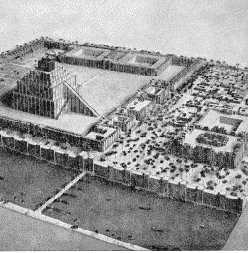
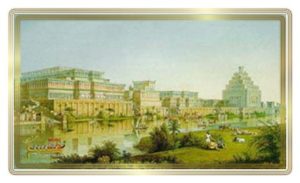
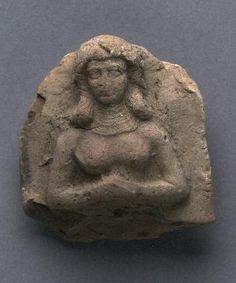
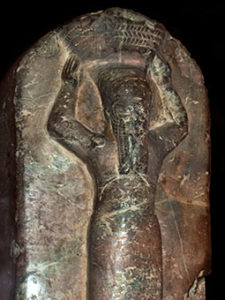
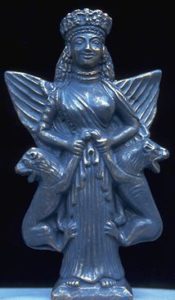
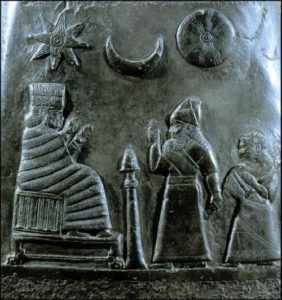
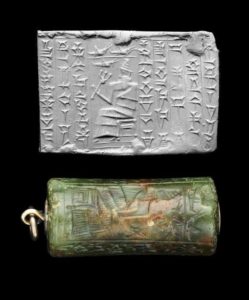
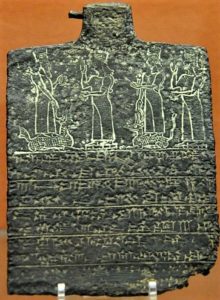
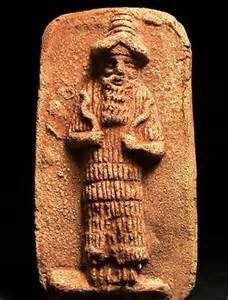
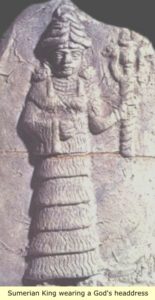
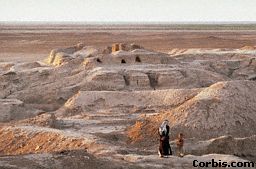
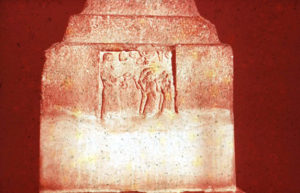
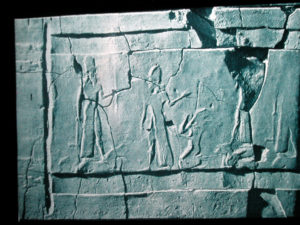
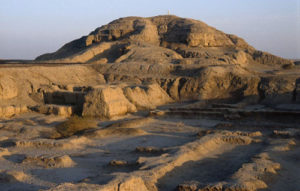
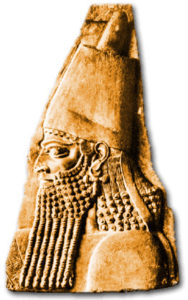
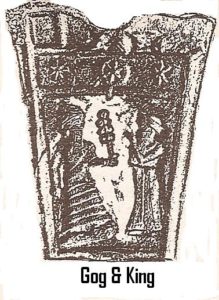
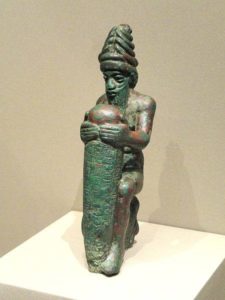
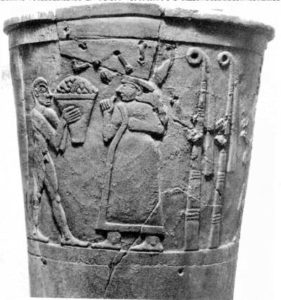 (
(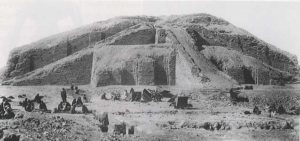
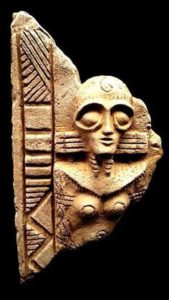
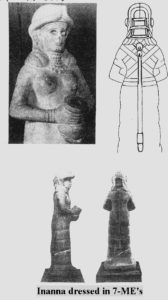
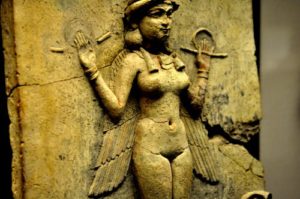
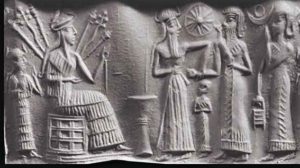
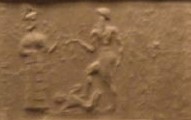
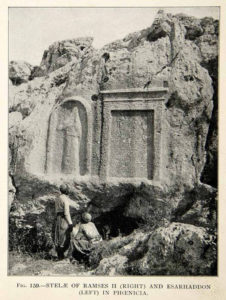
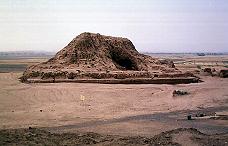
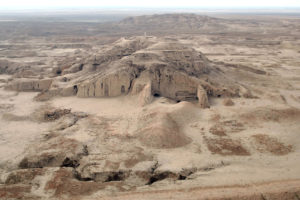
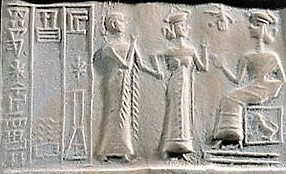
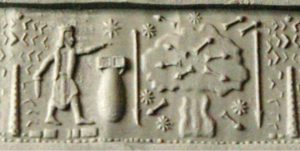
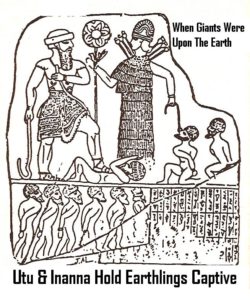
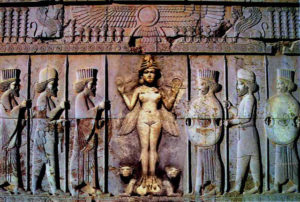
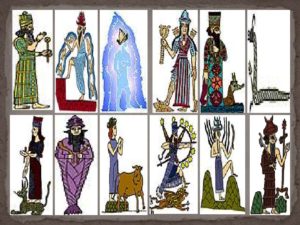
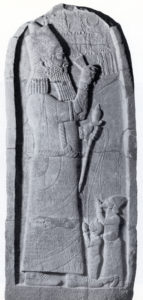
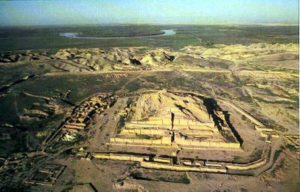
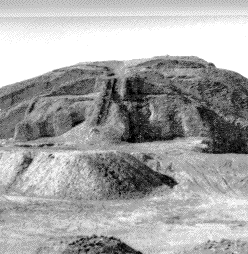
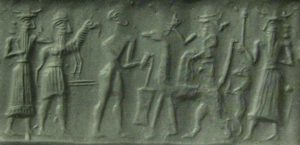
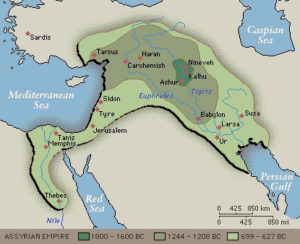
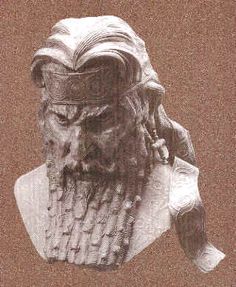
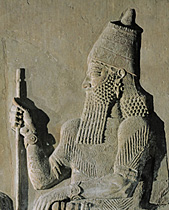
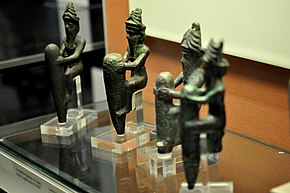
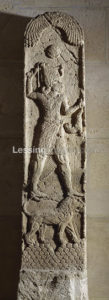 (
(